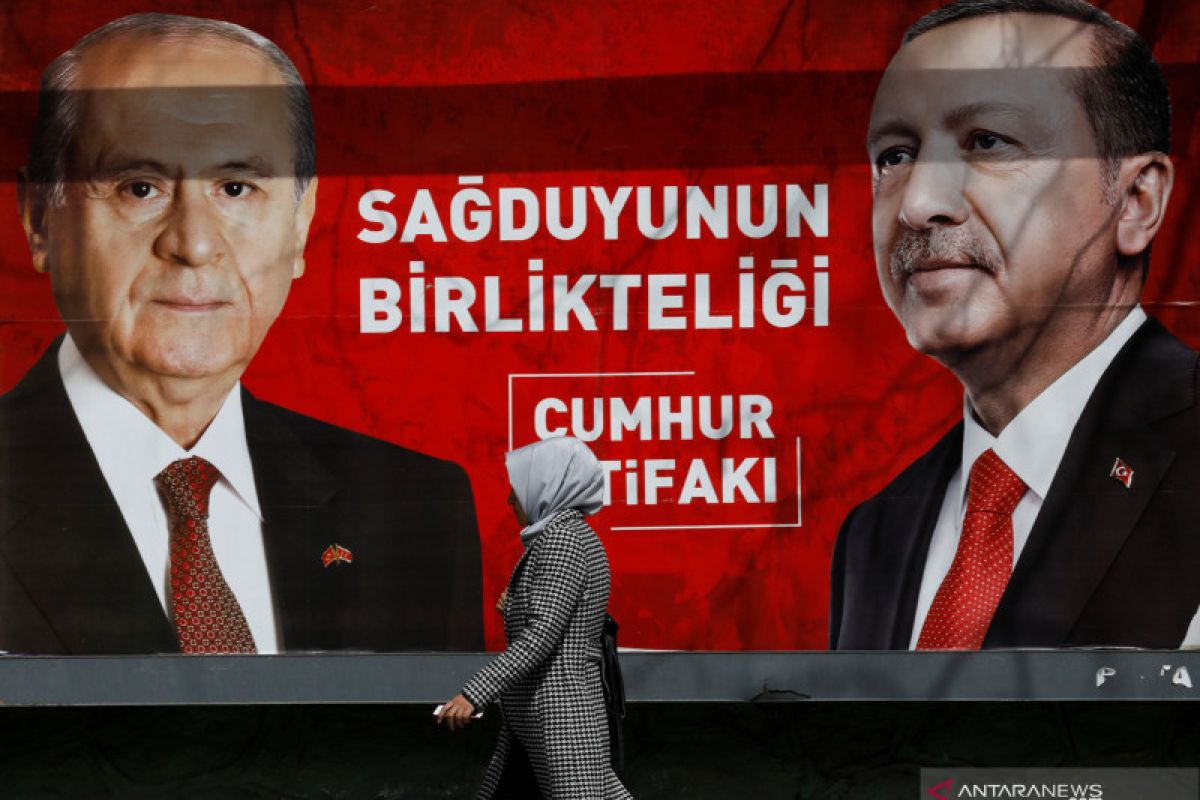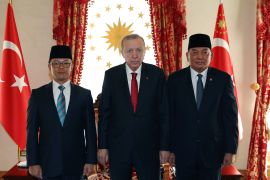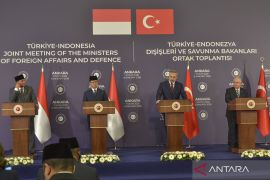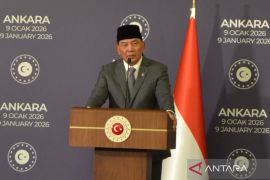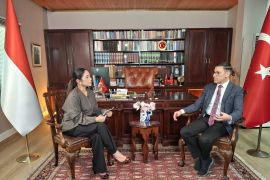Thanks to constant media exposure, what should have been a local race between mayoral candidates has turned into something much more fierce. The voting in 30 cities, 51 municipal capitals, and 922 districts across the country on 31 March 2019 has been widely viewed as a fierce battle between the ruling party and the opposition to win control over the two most strategic cities in Turkey.
Home for various Hittite, Phrygian, Hellenistic, Roman, Byzantine, and Ottoman archaeological sites, Ankara is the center of the state-owned companies, and is located at the center of Turkey's road and railway networks. On the other hand, Istanbul, which lies on the European and Asian continents, houses the headquarters of many Turkish private companies and accounts for almost a third of the country's gross domestic product.
Nevertheless, based on initial results, President Recep Tayyip Erdogan and his Justice and Development Party (AKP) were forced to admit defeat after losing Ankara and Istanbul to the opposition. This was a circumstance he might have been worried about ahead of the results due to his poor administrative performance, particularly in the economic sector.
Turkey began 2019 with a major economic downturn and the falling of the Turkish lira. The nation of 81 million people faced a recession for the first time since Erdogan assumed office 16 years ago. Inflation jumped to 20%, while unemployment stood at 13.8% at the end of 2018. Since last year, after prices skyrocketed, the government was forced to open food stalls selling discounted goods for the poor.
Although the ruling party's overall vote share in cities across the country suffered only a marginal decline, AKP, with its ultranationalist ally, The Nationalist Movement Party (MHP), still won more than 51% of the vote nationwide, a fall of just 2% from its performance during the elections last June.
The defeat in Ankara and Istanbul is a major blow to the government coalition, as these cities are AKP’s political forebears. In the last 25 years, AKP has never lost in the capital city and Istanbul is where Erdogan, the strongman of Turkish politics, began his political career as a mayor in 1994.
Losing those two cities, barely a year after seeing a double victory in the parliamentary and presidential elections last June, says a lot about his administration and has tainted his image as Turkey’s unbeatable leader.
In spite of AKP’s statement to appeal to the High Election Body (YSK), the final arbiter on electoral disputes, for all Istanbul votes to be recounted, the fact that the opposition gained enough votes to put a 0.28 point gap in Istanbul is a cruel reminder of the party’s slipping grip over the city. It is also evidence of the opposition's ability to outmaneuver the ruling party by broadening its appeal and reaching out beyond its regular constituencies.
So far, the initial lead in Istanbul is being held by Ekrem Imamoglu, mayoral candidate for the secularist Republican People's Party (CHP). He is ahead of his rival, AKP’s candidate and former prime minister, Binali Yildirim.
In Ankara, CHP’s candidate Mansur Yavas had a comfortable 3.8-point lead over his rival from the ruling party, Mehmet Ozhaseki, with a 50.9 per cent share of the vote, according to the preliminary results.
This is a bitter ending for Erdogan, who held up to eight campaign rallies a day across the country for the local election, as reported by the media. His relentless campaigns, which have been marked by national security, terrorism and anti-Western conspiracy narratives—have been dubbed by some as an act of desperation to hold on to power.
The media reported that Erdogan suggested the elections were a matter of survival for the nation. His rhetoric created a row with New Zealand in the wake of the deadly mosques attack in Christchurch, which killed 50 people.
Since the thwarted coup on 15 July 2016, Erdogan has ruled Turkey with an ever-tightening grip by launching a crackdown on alleged coup supporters, where thousands of public employees from government officers to teachers and journalists were sacked or arrested on suspicion of stirring up dissent.
"It was the best of times, it was the worst of times," Charles Dickens –an English writer and social critic-- wrote in the opening lines of his historical novel, A Tale of Two Cities. It is not easy. But, wining and losing are two sides of the same coin.
However, with all the commotion over Ankara and Istanbul, Erdogan still has another four years in office and enough time to learn from this setback and figure out how to win back public support in the two cities.
Consequently, just hours after the elections, Erdogan was quoted by CNN as saying that the government would "make structural reforms to build a stronger economy against attacks", a promise to appease his supporters and restore his image as an invulnerable figure in Turkey politics.
Editor: Sri Haryati
Copyright © ANTARA 2019
